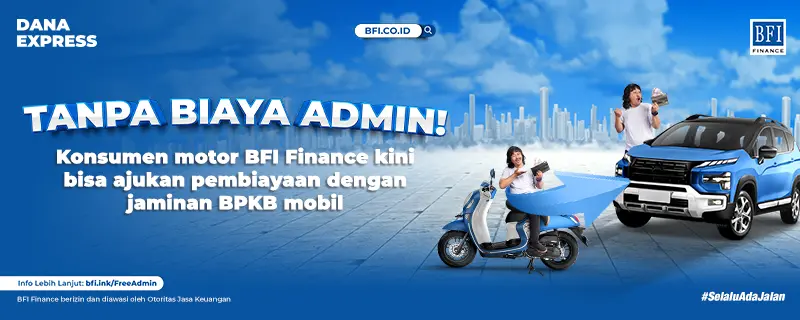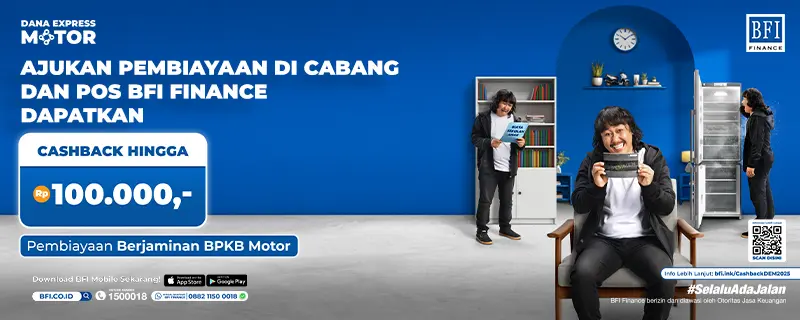CDD or Customer Due Diligence is a term that is often encountered in the financial world. Its use is to assess consumer risk within a company. Customer Due Diligence is also often used for cooperation processes or business relationships or loans. For information on customer due diligence, see the following article.
Definition of Customer Due Diligence
Customer Due Diligence is an activity in the form of identification, verification, and monitoring carried out by banks to ensure that transactions carried out are in accordance with customer profiles (Peraturan Bank Indonesia Nomor 11/28/PBI/2009).
Customer Due Diligence policies and procedures must be carried out when conducting business relationships with prospective customers, walk-in customers, and financial transactions in rupiah and or foreign currencies whose value is at least or equal to Rp. 100,000, there are doubts about the veracity of the information provided by customers, the recipient of the power of attorney and or Beneficial Owner, and when there are financial transactions that are not fair and are suspected of money laundering and terrorism financing.
Process of Customer Due Diligence

Basically, customer due diligence is carried out to obtain information and the correctness of the required data. The stages of the Customer Due Diligence process are as follows.
Customer Identification
At this stage, PJK or Financial Service Providers are required to classify prospective customers and customers according to the level of risk of money laundering and terrorism financing. This identification includes customer profile, business owned, business location, income, number of transactions, ownership structure, and other information that can be an indicator of the customer risk level.
Verification
The next process of Customer Due Diligence is to verify the information obtained from prospective customers through various media. Both from supporting documents, face-to-face meetings by consumers, or calls via electronic means.
Updating and Monitoring
Financial Service Providers are also required to update data and monitor business relationships with customers and ensure that transactions made by customers are in line with established rules.
Follow-up
The last one is follow-up. Financial Service Providers may continue cooperation or business relationships if no indications of money laundering and terrorism financing are found in the APU PPT program. On the other hand, if the PJK cannot provide the correct identity and customer documents, then the PJK must refuse or cancel the transaction to establish a business relationship.
Difference between Customer Due Diligence and Enhanced Due Diligence
CDD or Customer Due Diligence is important to avoid the risk of financial crime in a company. To complete it, several companies also carry out EDD or Enhanced Due Diligence. Here's the difference.
Enhanced Due Diligence
Enhanced Due Diligence is a process that is carried out after a customer is declared a risk to a company. EDD is carried out to validate customer risk, which begins with the screening process and then continues with filling out forms as a compliment.

The following are examples of transactions or examples of customers who are considered high risk and therefore require the EDD process:
- Politically exposed people
- Terrorism
- Customers with transaction history from high-risk countries
- Customers located in high-risk areas
- Customers with correspondent accounts
- Opening an account virtually without face to face
EDD in Indonesia itself is mandatory and requires deeper observation if there are suspicious cases. The series of Enhanced Due Diligence activities include obtaining additional materials to identify potential customers, finding out more about the source of wealth of potential customers, understanding the business relationship to be carried out, and conducting continuous monitoring.
Continuous monitoring of EDD aims to monitor all transactions during the business relationship, maintain record documents for CDD purposes, and maintain responsiveness to changes that may occur in the risk profile.
That's the information about the Customer Due Diligence and the stages. Hopefully, this information is useful and can become new knowledge for BFI friends. Talking about acts of financing terrorism and money laundering, BFI friends who want to start a business with partners, make sure to choose a trusted partner who doesn't have a criminal record. You can use the services of a business consultant to protect your business reputation and prevent financial crimes to be more secure.
If you intend to use the services of a business consultant and require additional fees, you can apply for a loan guaranteed by a house certificate. With disbursement starting from 1 billion, you can grow your business to be bigger. You can apply for a productive package at BFI Finance with the following terms and conditions.
Applying for a loan is easy because it can be done from home, the process is fast, the interest is low, and the tenor is long. Until the end of this month, you also have the opportunity to get millions of rupiah cashback for every loan application guaranteed by a house certificate through the Ameizing Promo. One Submission, Many Benefits!
Home Certificate Loan Application







